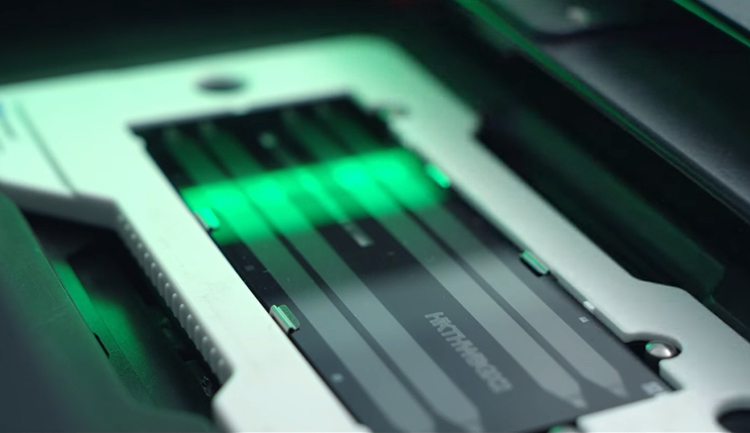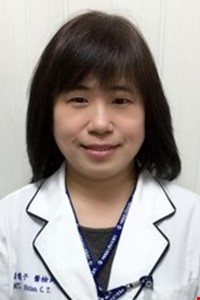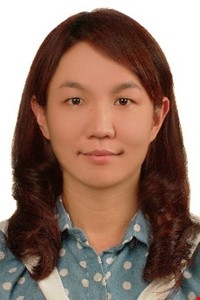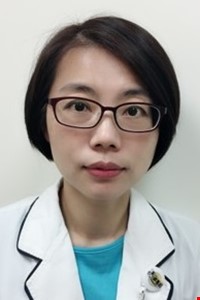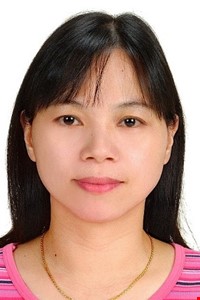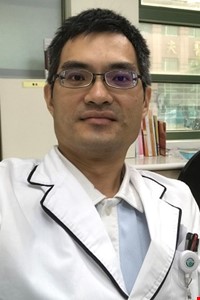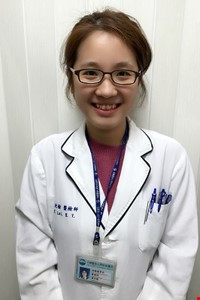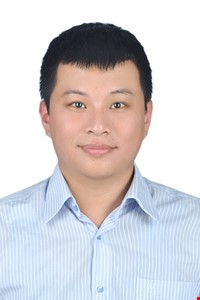Department Introduction
Laboratory Medicine
:::
Laboratory Medicine
Department Introduction
The Department of Laboratory Medicine currently comprises six units: General Laboratory Medicine, Microbiology and Immunology, Precision Diagnostics, Transfusion Medicine, Innovation and Research, and Quality Assurance. Each unit is headed by a specialist physician and a senior medical laboratory technician, who jointly plan, promote, and manage the development of laboratory services, teaching, and research.
Our Teams
Quick view (click to expand)
▲


